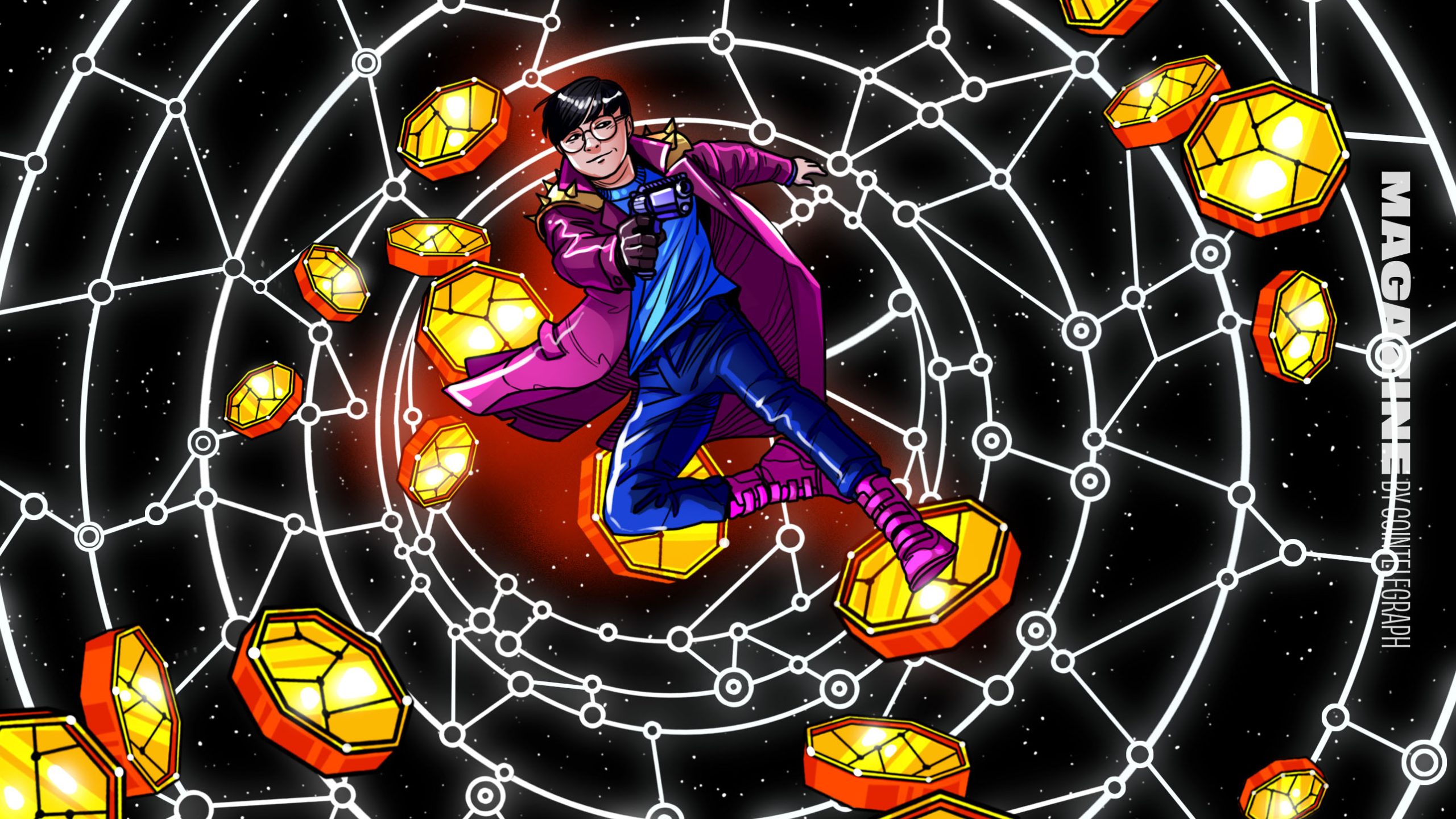Recent observations by users of GPT-4 have indicated a possible change in the limit on the number of requests per unit of time in ChatGPT. While there has been no official statement or confirmation from OpenAI regarding this matter, some users have reported experiencing an increase in the allowable number of requests.

One user noted a sudden alteration in the request limit, sparking curiosity among other GPT-4 enthusiasts. This unanticipated change has led to speculation and discussion within the community, but as of now, concrete details or explanations are lacking.
Without an official announcement, it is challenging to ascertain whether this change has been implemented universally or is isolated to specific users. However, the sentiment among those who have noticed the change is generally positive, as an increased limit would likely facilitate more extensive use of the technology.
Potential Implications
If indeed there has been an increase in the request limit, it could signify a range of potential benefits for developers, researchers, and businesses utilizing GPT-4:
- Increased Flexibility: A higher request limit would allow users more flexibility in conducting various tasks, including data analysis, content creation, and more complex applications that require multiple queries within a short time frame.
- Enhanced Accessibility for Larger Projects: Projects that demand higher processing and more frequent access to the model would find an increased limit beneficial. This could open doors for more ambitious projects and experiments.
- Potential Impact on Pricing: While there’s no concrete information regarding how a change in request limit might affect the pricing structure of GPT-4, adjustments to access limitations could lead to a revision in cost models for some users.
- Broader Utilization Across Industries: An increase in request limitations could make GPT-4 more appealing to various industries, possibly leading to wider adoption and innovative applications in fields such as healthcare, finance, education, and entertainment.
As of the time of writing, there has been no confirmation or clarification from OpenAI about the observed change in request limitations. Users and interested parties are likely to continue seeking official information to understand the full scope and intention behind this potential modification.
The observation of a change in the request limit for GPT-4 in ChatGPT, while unconfirmed officially, has generated interest and optimism among users. The potential benefits of such a change, if universally implemented, could have significant implications for the diverse array of applications that leverage GPT-4.
- Last week, a Twitter user and reverse engineer named LaurieWired discovered a ChatGPT jailbreak that enables malicious software creation. The large language model suffers from the effect of letter randomization, known as “typoglycemia,” in the internet sphere. LaurieWired used a prompt to analyze the phenomenon, revealing that the large language model and the user write with randomized letters. The jailbreak modified Python code for ransomware, adding a function to disable firewalls and persistence.
Read more related topics:
Read More: mpost.io









 Bitcoin
Bitcoin  Ethereum
Ethereum  Tether
Tether  XRP
XRP  Solana
Solana  USDC
USDC  Dogecoin
Dogecoin  Cardano
Cardano  TRON
TRON  Lido Staked Ether
Lido Staked Ether  Wrapped Bitcoin
Wrapped Bitcoin  Sui
Sui  Chainlink
Chainlink  Wrapped stETH
Wrapped stETH  Avalanche
Avalanche  Stellar
Stellar  Shiba Inu
Shiba Inu  Hedera
Hedera  Hyperliquid
Hyperliquid  LEO Token
LEO Token  Toncoin
Toncoin  Bitcoin Cash
Bitcoin Cash  Litecoin
Litecoin  Polkadot
Polkadot  USDS
USDS  WETH
WETH  Monero
Monero  Pi Network
Pi Network  Wrapped eETH
Wrapped eETH  Pepe
Pepe  Bitget Token
Bitget Token  Binance Bridged USDT (BNB Smart Chain)
Binance Bridged USDT (BNB Smart Chain)  Ethena USDe
Ethena USDe  Coinbase Wrapped BTC
Coinbase Wrapped BTC  WhiteBIT Coin
WhiteBIT Coin  Uniswap
Uniswap  Bittensor
Bittensor  NEAR Protocol
NEAR Protocol  Dai
Dai  Aptos
Aptos  Aave
Aave  OKB
OKB  Ondo
Ondo  Jito Staked SOL
Jito Staked SOL  Ethereum Classic
Ethereum Classic  Internet Computer
Internet Computer  Tokenize Xchange
Tokenize Xchange  Cronos
Cronos